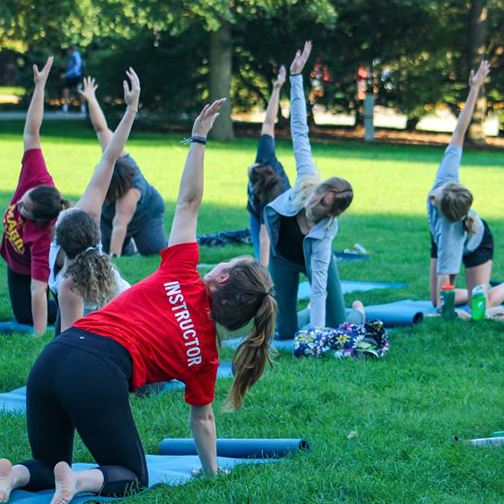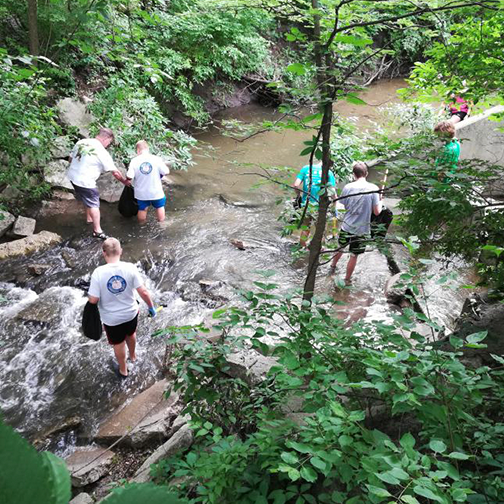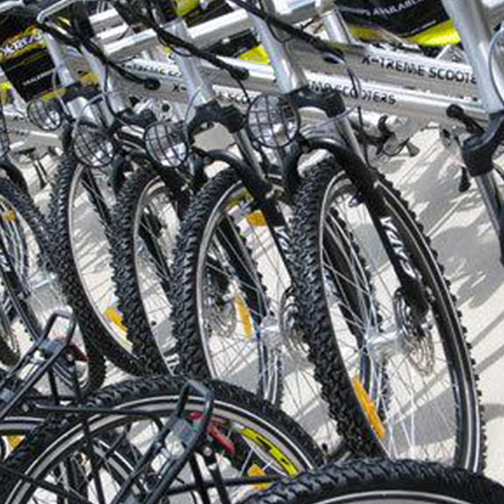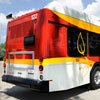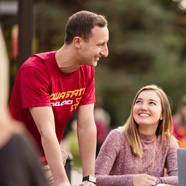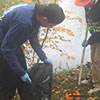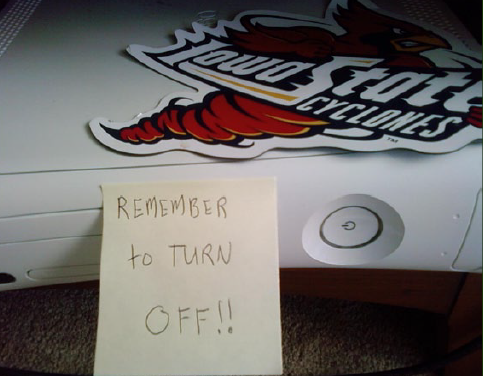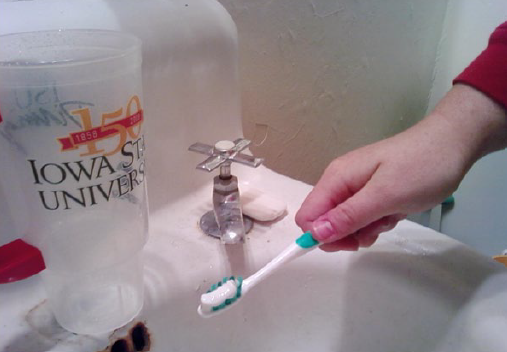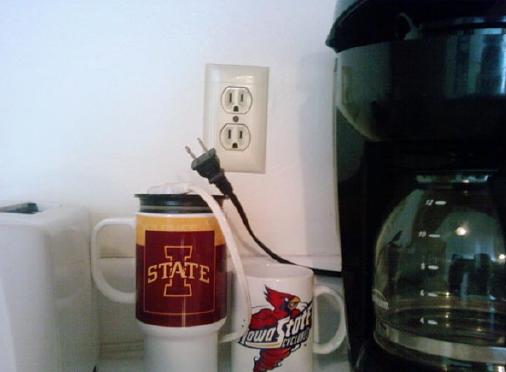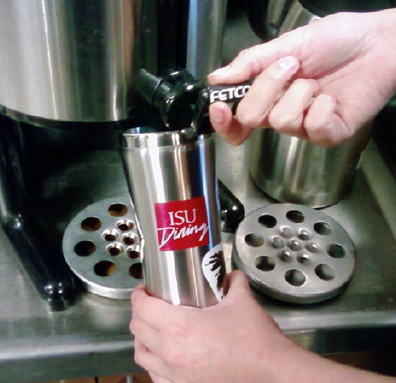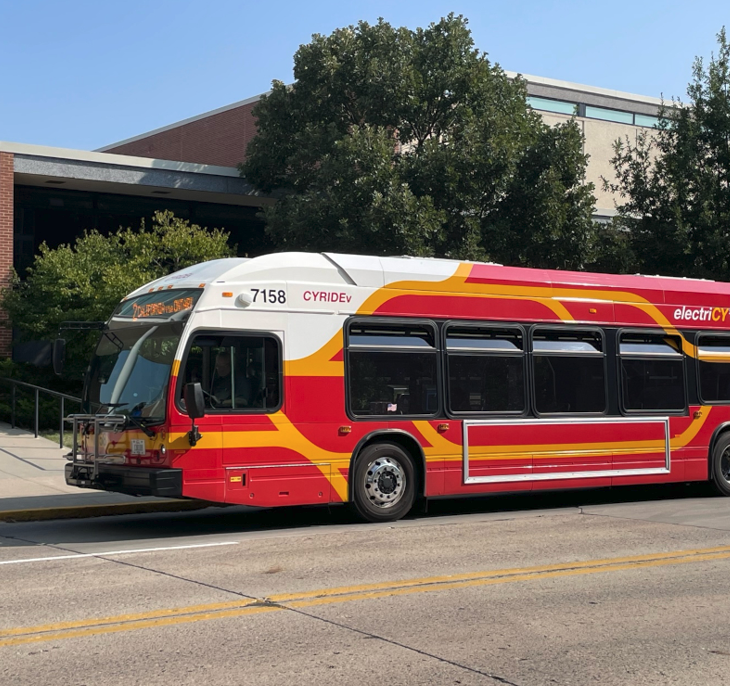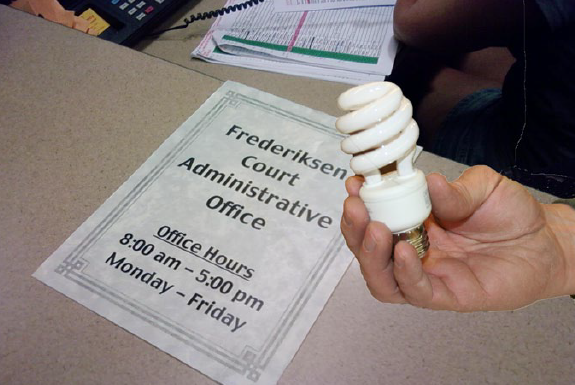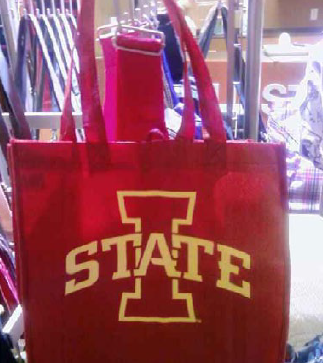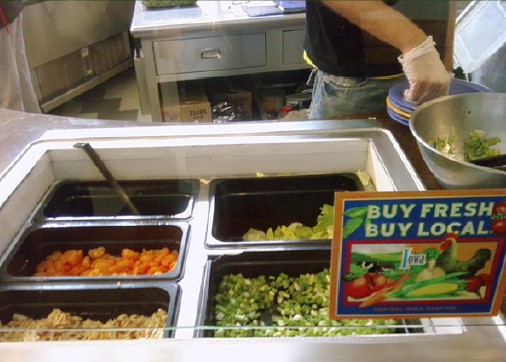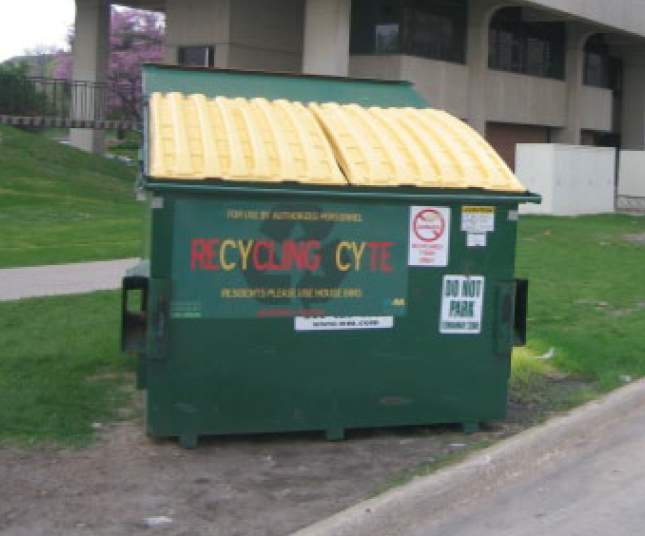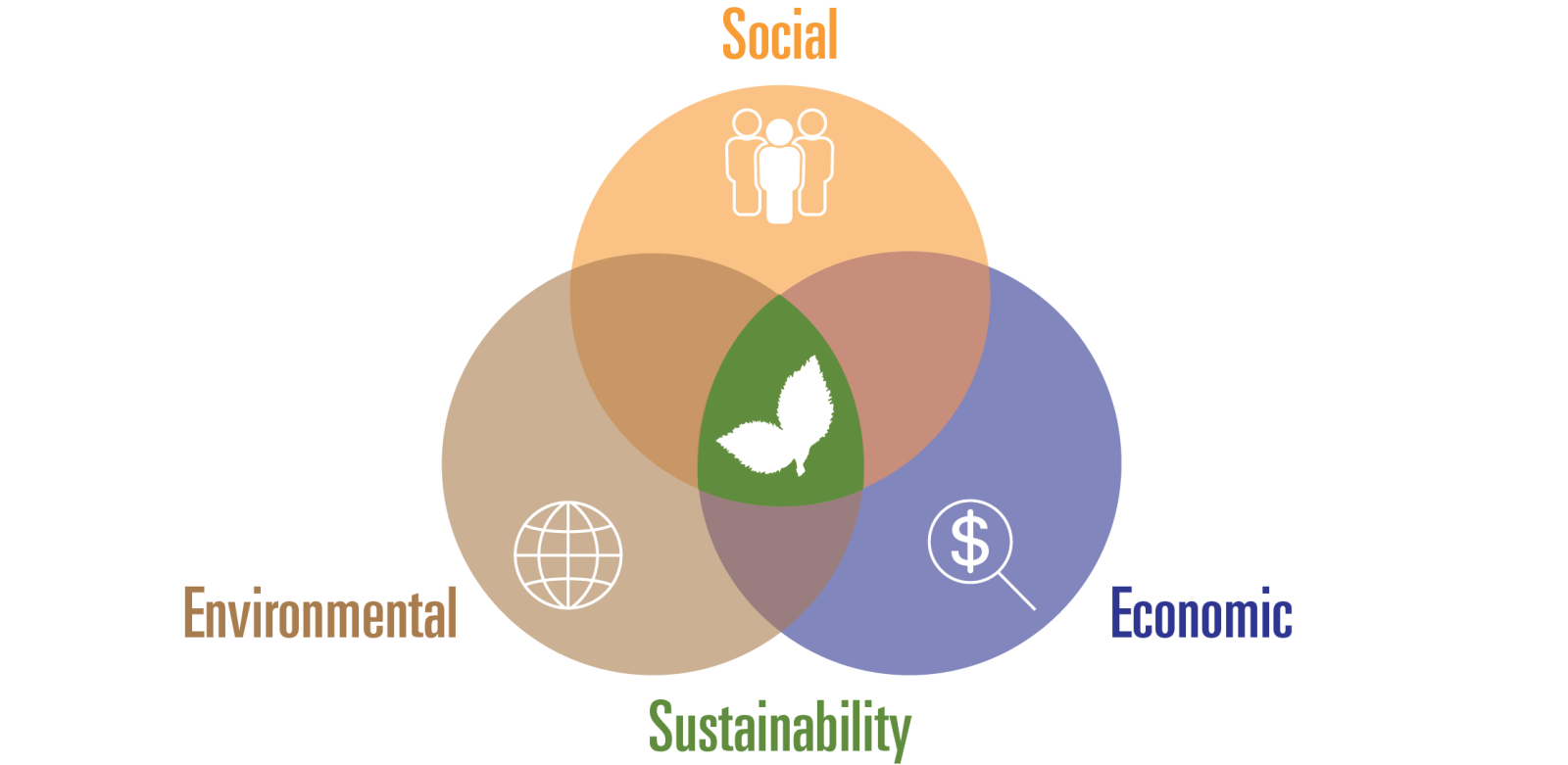At Iowa State University, the Live Green! Initiative seeks to educate, engage and empower students, faculty, staff, campus visitors and more about the all-encompassing opportunity of living a sustainable life. Living sustainably makes a powerful impact on us individually, but also collectively on our colleagues, friends, families and communities. This impact translates into leaving the world a better place for future generations.
What exactly does that mean, to live sustainably?
Living sustainably means taking a look at our daily opportunities to do something that will benefit someone in the future. Therefore, sustainability really falls into three broad categories that are constantly interweaving with one another: environmental, social and economic sustainability. When we choose to pursue opportunities in all of these components, as the Venn diagram below indicates, we are living a truly sustainable life.
Many of us are already actively engaged in sustainable activities (whether it be environmental, social, economic or a mix of two or three) and are not fully recognizing the significance of our actions. Sustainability goes much further than the traditional idea of what it means to live green -- therefore, we all have countless opportunities to make a real, sustainable difference during our lifetimes.
Below, we offer a breakdown of these three components of sustainability, offering how you, no matter where you are in the world, can seize opportunities to make your part of the planet just a little more green!
